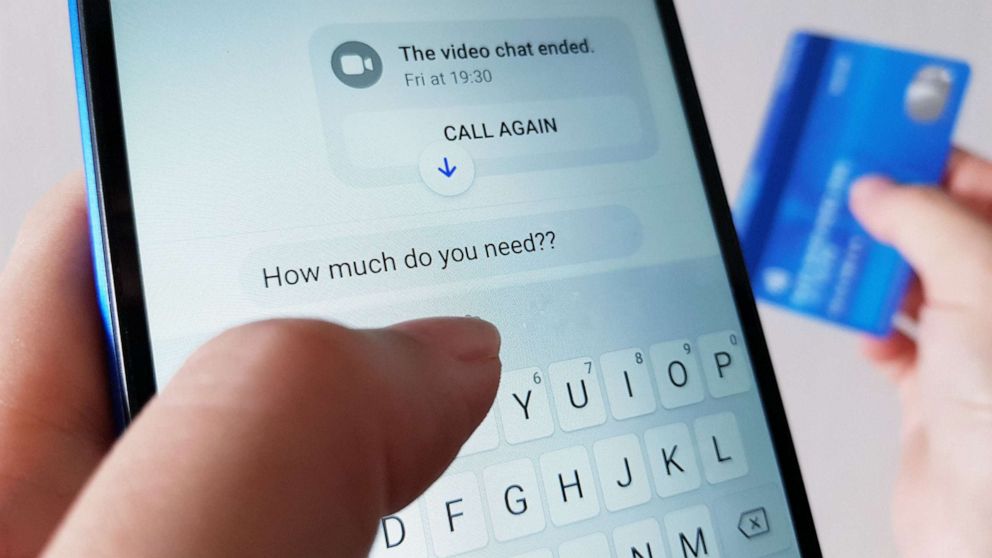Fraudsters are becoming bolder, and courier fraud is a rising threat. Jenny, a recent victim, shared her story with the BBC to highlight the dangers of these scams. Her experience reveals just how convincing fraudsters can be and underscores the need for vigilant fraud prevention.
Courier fraud is a sophisticated type of scam that involves tricking victims into handing over cash or valuables. Fraudsters often impersonate bank officials or the police, creating a sense of urgency to manipulate their targets. This scam can lead to significant financial losses, especially if the victim is pressured into withdrawing large sums of money.
How the Scam Unfolded
Jenny’s ordeal began with a phone call from someone claiming to be her bank. The fraudsters knew her personal details—her name, phone number, and address—which made them seem legitimate. They warned her of suspicious activity on her account and assured her they would protect her money.
To further convince her, they transferred the call to someone posing as a police officer. This fake officer asked Jenny to help with an investigation into fraud at her local bank branch. This pressure made the scam seem even more credible.
Pressure Builds
As part of the scam, the fraudsters used intimidation tactics. They warned Jenny that if she didn’t cooperate or if she told anyone, she might face legal consequences. Despite these threats, Jenny agreed to help, feeling a sense of duty to her community.
“They were on the phone the entire time,” Jenny recalled, describing how they stayed on the line while she travelled to and from the bank. The fraudsters created a high-pressure environment, making it difficult for her to think clearly.
The Deception Deepens
Once Jenny was back home with £4,000 in cash, the fraudsters instructed her to wear gloves and inspect the serial numbers on the notes. They claimed the money was fake and warned her not to touch it. Moments later, a courier arrived to collect the cash, which disappeared for good. By the time Jenny realised she had been scammed, it was too late. She contacted her bank and reported the fraud to Action Fraud. They advised her to call the 159 fraud helpline if the criminals contacted her again.
Two days later, the fraudsters called Jenny again. This time, she was prepared. She dialled 159, a dedicated fraud prevention helpline, which saved her from further financial loss. Stop Scams UK created the 159 helpline to provide a direct and secure way for fraud victims to contact their banks. Since its launch three years ago, it has handled over 800,000 calls. The helpline isn’t a catch-all solution, but it’s a valuable tool for those facing urgent scams.
Recognising the Warning Signs
Courier fraudsters often use the same tactics. Here are a few red flags to watch for:
Unsolicited Calls Claiming to Be from Your Bank
If you receive an unexpected call from someone claiming to be your bank, be cautious. Banks typically do not call customers out of the blue to discuss account issues.
Pressure to Withdraw Cash
Fraudsters may instruct you to withdraw cash for “investigation purposes.” Genuine banks or police officers will never ask you to do this.
Threats or Intimidation
Fraudsters often manipulate their victims by using fear. They might threaten legal action if you refuse to cooperate or warn against telling others.
Requests for Secrecy
If the caller urges you to keep the situation secret, it’s a major red flag. Real bank employees will never ask you to hide details from family or friends.
Use of Couriers
In courier fraud, the fraudsters arrange for someone to collect the cash or items. If you’re asked to hand over money or documents to a courier, it’s likely a scam.
How the 159 Helpline Works
The 159 fraud helpline connects victims directly to their bank’s fraud department. By dialling 159, you’ll be asked to identify your bank, and you’ll be connected straight away. With 20 banks participating, the service covers 99% of UK current account holders.
Although the 159 helpline isn’t free, it’s a crucial resource for those needing immediate assistance. Banks vary in how quickly they connect callers to their fraud teams, but the helpline remains a critical first step in the fight against fraud.
Maria Cearns, Chief Operating Officer at the Cooperative Bank, highlighted the success of the 159 helpline. She shared how one small business customer used the service to stop a scam as it unfolded.
“One of our customers noticed unusual transactions and called 159.
Because we prioritised their call, our fraud team acted immediately,” Cearns explained. “We prevented the customer from losing over £100,000.” The ability to act quickly is vital when dealing with fraud, and the 159 helpline plays a crucial role in that response.
Vigilance Is Key
Courier fraud is just one of many scams threatening financial security. Fraudsters use clever tricks and high-pressure tactics to exploit their victims. However, by staying alert and recognising the signs, you can protect yourself. Tools like the 159 helpline provide a safety net for victims, offering a quick way to connect with your bank and prevent further losses.
Remember, fraud prevention is a shared responsibility. Report fraud when you see it, stay informed, and always verify any suspicious contact. Don’t let fraudsters catch you off guard—remain vigilant and protect your finances.



